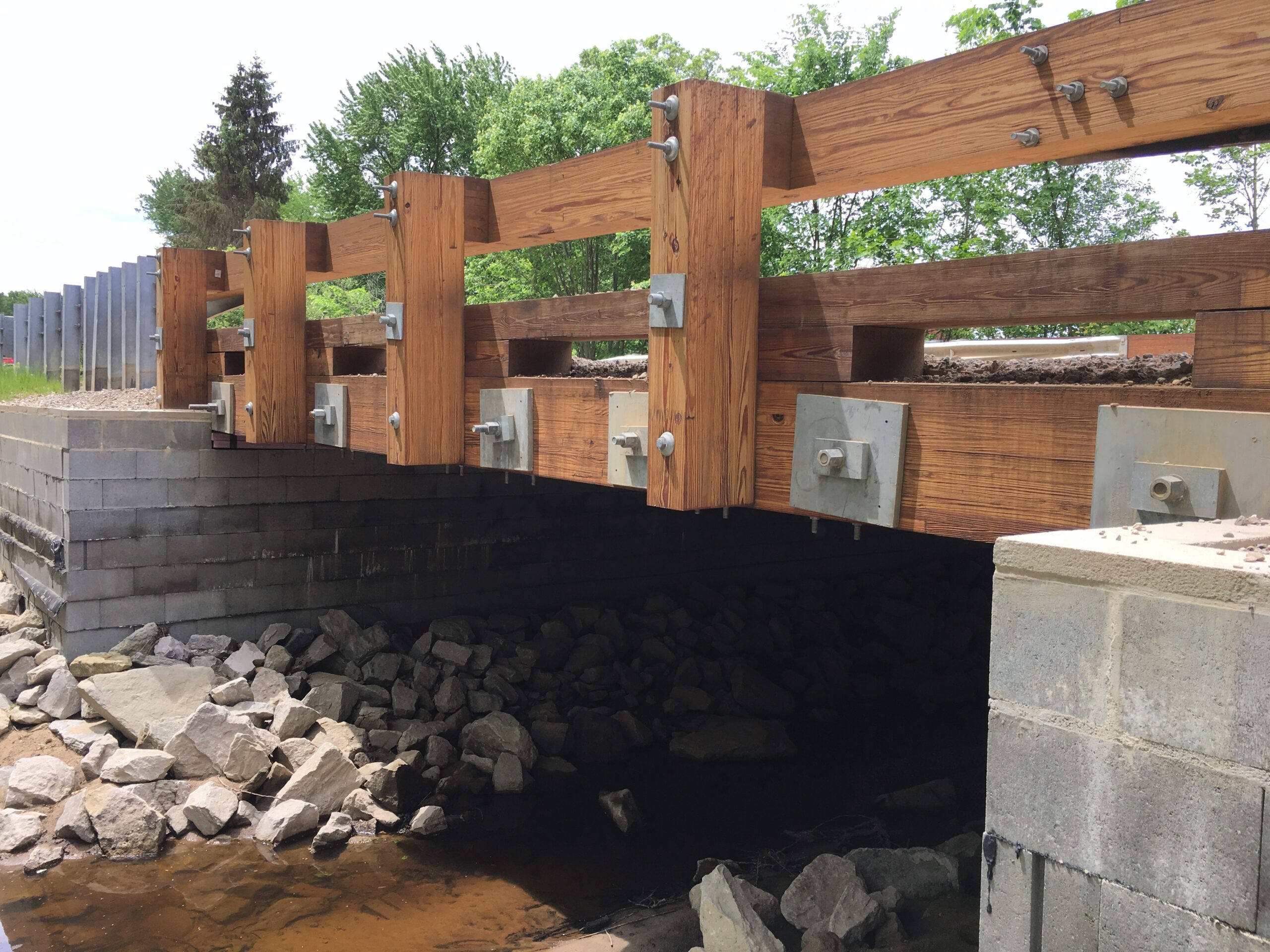Combating Infrastructure Inflation

By Mike Steenhoek, Soy Transportation Coalition Executive Director
The sticker shock Americans are increasingly experiencing is not limited to grocery stores or gas stations. Inflation is also intruding on the cost of constructing roads, bridges and other infrastructure projects. According to the American Road and Transportation Builders Association (ARTBA), the cost of highway and road construction materials has increased overall by 21 percent over the past year. A $1 million bridge replacement last year will cost over $1.2 million this year. A $100 million portfolio of road construction last year will cost $121 million this year. The ARTBA further highlights the inflation over the past year among major components of transportation construction:
- Asphalt: 56 percent increase
- Concrete Block and Brick: 11 percent increase
- Ready mix concrete: 9 percent increase
- Machinery and equipment (mixers, pavers, and related equipment): 15 percent increase
While additional resources for transportation projects are being provided by the recently enacted “Infrastructure, Investment, and Jobs Act” and other state and local measures, infrastructure inflation will continue to erode some of its purchasing power.
The farmer leaders of the Soy Transportation Coalition (STC) have long promoted more economical ways to maintain and improve our infrastructure, but this mentality is particularly timely given the significant cost increases confronting transportation construction. In an effort to combat this infrastructure inflation, the STC is partnering with state soybean organizations to promote innovative methods of replacing and repairing rural bridges that: 1.) Will provide notable cost savings; 2.) Have been validated as safe by members of the engineering community, and 3.) Are widely accessible throughout rural America.
In 2021, the STC published the report, “Top 20 Innovations for Rural Bridge Replacement and Repair”, that profiled specific opportunities for states, counties, and municipalities to maintain and improve their bridge inventory while making the taxpayer dollar stretch further. This year, in order to encourage further utilization of the innovative approaches featured in the report, the STC and other soybean farmer organizations are offering funding to help underwrite some of the pre-engineering and design expenses of replacing or performing a major rehabilitation on a rural bridge if one of the concepts in the report is utilized and if the bridge being replaced is located in an area in which soybeans or soy products are transported.
A few examples of the “Top 20” concepts are as follows:
Railroad Flat Car Bridges
- Cost per bridge: $120,000 (vs. $275,000 – $350,000 prevailing method)
- Cost savings: 50 percent – 60 percent
- Construction time: 15 percent – 25 percent faster
Geosynthetic Reinforced Soil-Integrated Bridge System (GRS-IBS)
- Cost per bridge: $250,000 – $350,000 (vs. $350,000 – $600,000 prevailing method)
- Cost savings: 25 percent – 60 percent
- Construction time: 50 percent – 75 percent faster
Buried Soil Structures
- Cost per bridge: $75,000 – $95,000
- Cost savings: 50 percent – 60 percent
- Construction time: 20 percent – 25 percent faster
In providing this funding, the STC and other soybean farmer organizations hope to provide tangible savings for those states, counties, or municipalities who partner in the project as well as further demonstrating these cost-saving concepts — resulting in greater momentum for others to utilize them in the future.
View the full “Top 20” report at SoyTransportation.org.
